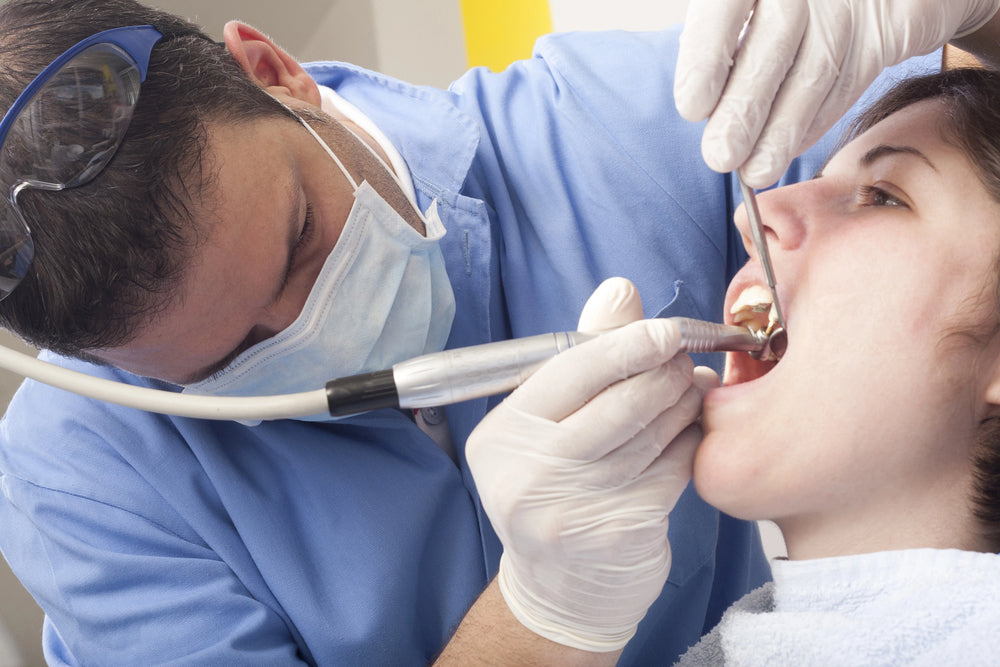
How Regularly Should You Get Your Teeth Cleaned?
|
Time to read 5 min
|
Time to read 5 min
Maintaining proper oral hygiene is essential for a healthy smile and overall well-being. Regular dental cleanings play a crucial role in keeping your teeth and gums in optimal condition. But how frequently should you schedule these professional cleanings? The frequency of dental cleanings can vary depending on various factors, including your oral health, risk factors, and individual needs.
The procedure for cleaning teeth may differ between dentists, but these are the basic steps to a dental cleaning appointment. The whole process generally lasts less than one hour. If you suffer from dental issues, a gentle anesthetic can be sprayed on the gums and teeth before beginning.
During this procedure, also known as the scaling process, tartar and plaque are eliminated from your teeth. The dentist or hygienist will clean the hardest-to-reach parts of your mouth with special instruments to scrape away plaque . They'll also clean those spaces in between the teeth using specific flossing techniques and instruments.
The dentist may employ a Prophy-Jet instrument that uses water, abrasive powders, and pressurized oxygen to remove plaque, soft particles, and staining. The hygienist will rinse your mouth following the procedure.
after cleaning, the dentist uses a rotating head with a dental paste to make your teeth shine.
Discover More: What Is Tooth Enamel And Why Is It Important?
Gum disease isn't the only cause of visible pain or symptoms, and that's why it's sometimes difficult to identify when you require deep cleaning. If you visit the dentist, the dentist will look at your gums and determine if you need a thorough cleaning.
Some of the warning signs you should be looking for are:
It is also possible that your teeth are loose. Additionally, if your gums hurt while you brush or chew, it could be a sign of gum disease that requires deep cleaning.
The frequency of dental cleanings may vary depending on an individual's oral health needs. In general, it is recommended to have professional teeth cleaning every six months. This interval allows for the timely removal of plaque and tartar buildup before they can cause significant damage. However, some individuals may require more frequent cleanings, such as those with gum disease, a history of dental issues, or certain medical conditions. Your dentist will assess your oral health and recommend the appropriate cleaning schedule.
Effective bad breath remedies include:
Gentle and regular scraping of the tongue
Regular oral care practices such as daily brushing and flossing
Professional deep cleanings and plaque removal
The ongoing use of oral probiotics.
One, the probiotics compete with the existing bad bacteria and reduce their presence by “crowding them out”
Two, the probiotics produce BLIS or “bacteriocin-like-inhibitory-substances” which is a technical way of stating that one probiotic strain (bacteria) can produce a substance that inhibits or kills off other bacteria. Three, by working to control gingivitis, gum disease and tooth decay these probiotics reduce the very sources of bacteria-generated odors in the mouth.
Studies have shown a clear reduction in plaque levels and gingivitis symptoms when oral probiotics were administered to patients with moderate to severe gingivitis.


